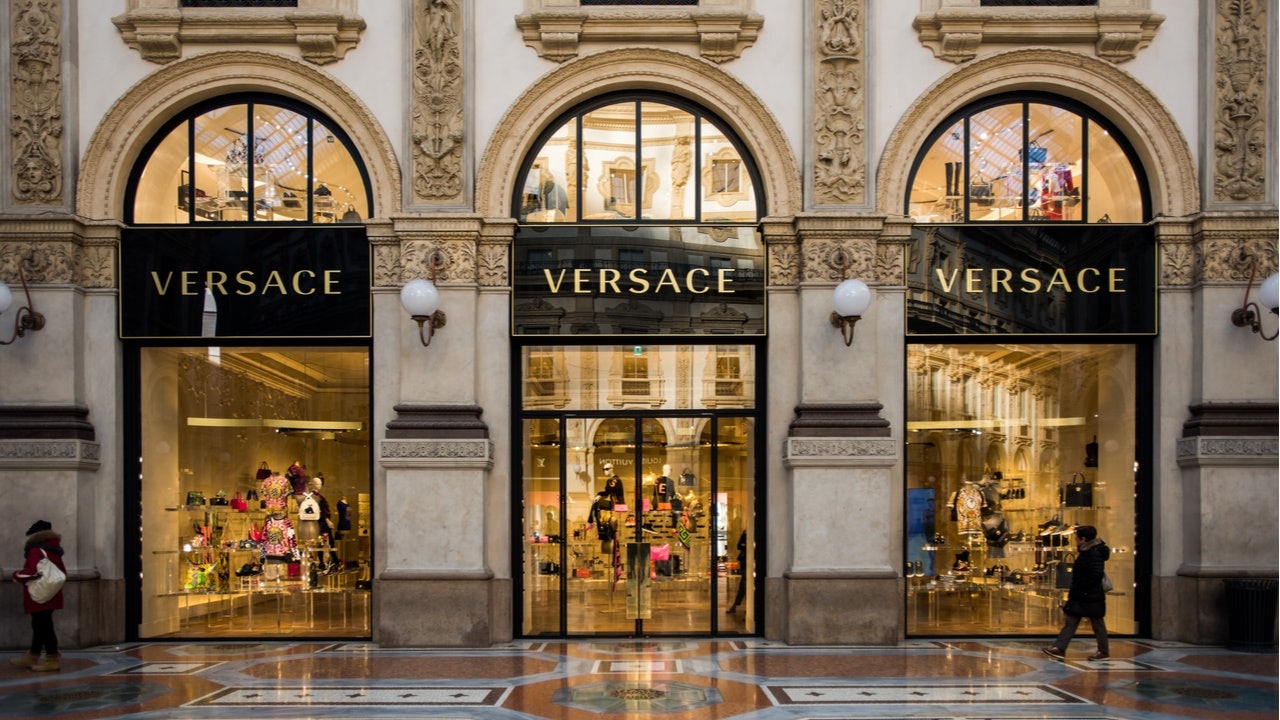Capri Holdings, the fashion group that owns Michael Kors, Versace, and Jimmy Choo, reported its fourth-quarter and full-year results, ending March 28, on Wednesday. Its total revenue for Q4—amid the early devastation brought on by COVID-19—amounted to $1.2 billion dollars, a 11.3 percent drop compared to last year.
Among the three brands, Versace had the best performance. It reported $213 million, or a 55.5 percent increase in revenue, whereas the Q4 revenue of Michael Kors and Jimmy Choo decreased 18.4 percent and 23 percent, respectively. In the company’s earnings call, CEO John Idol contributed Versace’s strong growth partially to cutting underperforming lines such as Versace Collection and Versus over the last two years.
At the beginning of the COVID-19 crisis in late January, Capri quickly decided to cancel production going into China and reshifted it to other parts of the world, Idol said. “To some degree, that's holding us back a little bit right now in China, because now we're slightly low on inventory there,” adding that Capri also reduced inventories for fall and holiday lines.
The company has begun to resume store operations globally. Currently, 98 percent of their 500 stores in Asia and 316 stores in Europe, the Middle East, and Africa (EMEA) are open, with the open rate in the Americas at about 70 percent, the financial statement shows.
Capri has made the most reopening progress in mainland China, where stores have been now open for several months, while outside Greater China continues to catch up at a slower pace. “This is due to two factors. First, in Japan, the retail store closure and reopening process occurred several months later than in China,” said Idol. “The second factor impacting Asia outside of China is the decline in tourism.”
While being confident about the long-term recovery, Capri’s first quarter of 2021 doesn’t look very bright. During Q1, ranging from April to June 2020, nearly 55 percent of its stores were closed versus 10 percent in Q4, hence an expected dip of about 70 percent during this time period, Idol disclosed. As one of the first fashion companies to give such insight for the upcoming quarter, fashion investors might need to hold the handrails for an even bumpier ride ahead.
